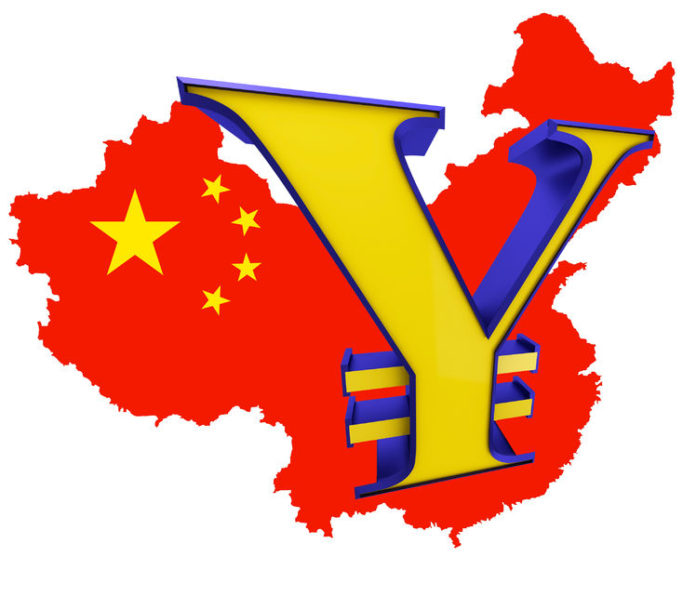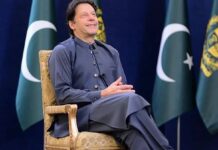Premier Li Keqiang, of the State Council of the People’s Republic of China, proclaimed that the republic would reduce its growth target to around 6.5% in 2017, which is lower than last year’s 7%. He was addressing the National People’s Congress (NPC), which was gathered for its annual session in Beijing.
The economic growth in 2016 was the lowest the country has ever experienced in 26 years. According to Mr. Li, the problem came from state “zombie enterprises” that are producing steel and coal over the needs of the market. He pledged to solve the problem which has proved to be difficult in the past.
In the eyes of the Chinese premier, the second largest economy in the world is a butterfly struggling to emerge from a chrysalis and the economy’s transformation would be very painful but in the end, there was a bright future. Li often applauded Xi Jinping, the Communist party leader, and said that the citizens of China had the strength and creativity to wade through difficult times under the good and able governance of the Party. The difficulties were environmental pollution, giving an example that much of the country is covered by smog, and the lethargy displayed by some of those who work in government.
Mr. Li also was weary of a thorny global outlook at a time when many economies are shielding their industries from imports that are from competitive markets such as China. He was also indirectly responding to Donald Trump’s, the US president, attacks towards the trade policies and exchange rates that China has.
NPC leaders are willing to allow a slightly sluggish expansion of the economy this year to enable them to hurdle through tough reforms that will sort out the dangerously rising public debt, according to Reuters news agency.
Mr. Li pledged to tackle the Republic’s problem on pollution that is made worse by the heavy industry. He said he would put more effort solve the issue.
“We will make our skies blue again,” Mr. Li said, “all sources of industrial pollution will be placed under round-the-clock online monitoring.”
On the other hand, the Republic is pledging to strengthen its military including reinforcing the maritime and air defenses as the country is trying to protect its sovereignty. The move is quite unusual because China did not give the amount that it will spend on the military in 2017, despite assuring the people of transparency.
Fu Ying, China’s Parliament spokeswoman, on Saturday said that the amount that will be used on defense this year would increase by about 7%, which around 1.3% of the gross domestic product.
On Sunday, the country did not add its specific spending target on defense for 2017 in the nation’s budget (as it has been the norm in the years before) read at the commencement of parliament’s yearly sittings.
“We will support efforts to deepen the reform of national defense and the armed forces, with the aim of building a solid defense and strong armed forces that are commensurate with China’s international standing and are suited to our national security and developmental interests,” said the government in the budget report.




